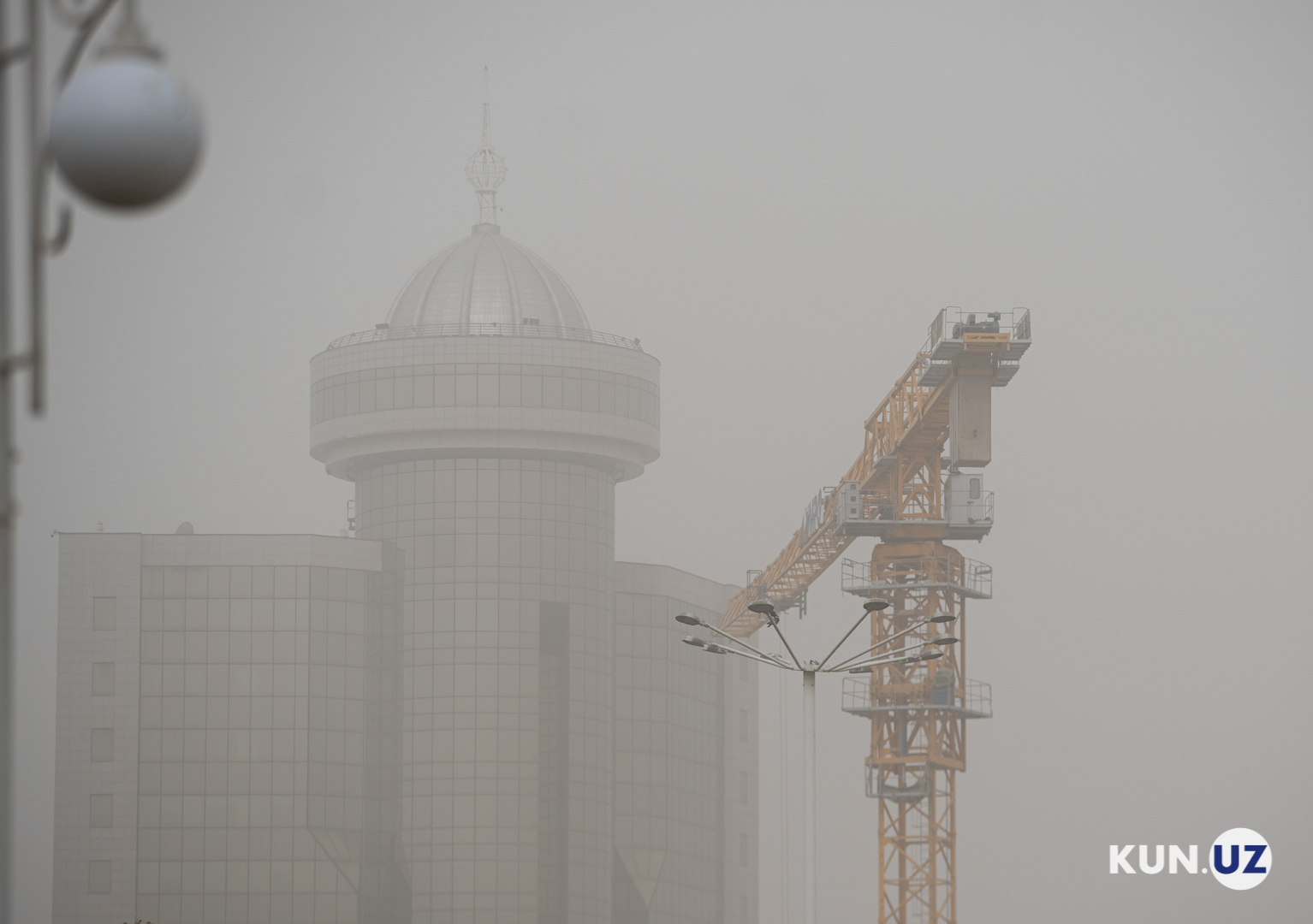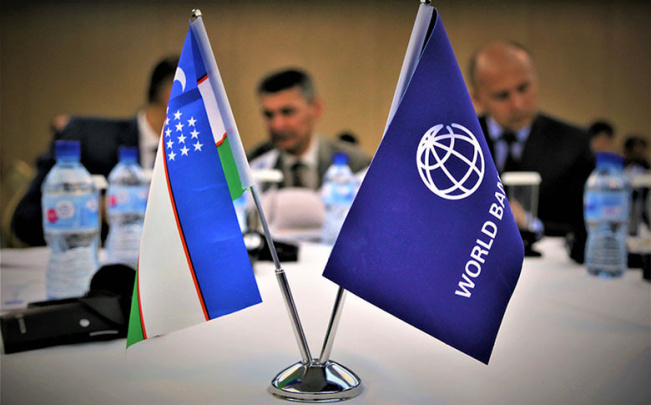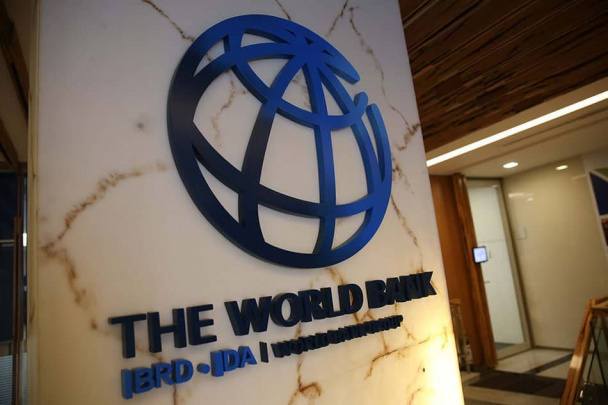“6% of non-accidental deaths in Uzbekistan are linked to air pollution” – World Bank
An analysis by the World Bank showed that most of the population regularly breathes air that is considered unhealthy. In addition, a sharp deterioration in the weather has turned Uzbekistan into one of the countries with the weakest social security in Central Asia.

The World Bank, in cooperation with the Ministry of Economic Development and Poverty Reduction of the Republic of Uzbekistan, has prepared an overview “Uzbekistan on the way to a green economy”.
Several important conclusions can be drawn from it.
Low efficiency of using resources
In Uzbekistan, the resource efficiency of $0.8 per kilogram of material consumed is significantly lower than in the European Union and other upper-middle-income countries, where it averages $2.9.
Uzbekistan has a particularly inefficient use of water: for every cubic meter of water used, economic productivity income is $14 lower than in upper-middle-income countries.
Uzbekistan’s energy consumption per unit of GDP is nearly three times the European and Central Asian average and twice that of neighboring Kazakhstan.
Air pollution and economic damage
Wind-driven dust transport from degraded land exacerbates particulate matter pollution from urban and industrial sources. Most of the population regularly breathes air that is considered unhealthy: 6% of non-accidental deaths can be attributed to air pollution.
Land degradation is very costly to the economy and is caused by interrelated environmental problems. Environmental degradation associated with land degradation is equal to 4% of GDP.
Sustainability index is low
Uzbekistan is vulnerable to climate change and the country’s resilience index is low. An analysis of the consequences of droughts and floods has shown that the most affected population groups suffer significant losses in income and consumption levels.
Even though more people elsewhere are suffering from severe weather deterioration, this has made Uzbekistan one of the countries with the weakest social protection in Central Asia. An analysis of a probabilistic model of climate change shows that the vulnerability of social protection in the country will only increase.
Among the particularly vulnerable regions noted in the analysis, the Fergana Valley and the Republic of Karakalpakstan stand out.
What will be the economic losses?
According to available data, economic losses, mainly affecting agriculture, are estimated at 1% of GDP by 2030.
About half of the economic losses are due to habitat loss due to water and biodiversity loss, which primarily affects agriculture.
Climate change will also affect labor productivity and could lead to a reduction in the supply of labor in Uzbekistan by 2-5 percentage points.
Food production can be partly adapted through sustainable agriculture. And better management of land, water and landscape resources can further mitigate the effects of climate change.
According to the analysis of the impact on carbon-intensive exports, Uzbekistan’s GDP and welfare will be significantly undermined. By 2050, Uzbekistan’s natural gas and oil exports could drop by up to 40% under various scenarios of policy coordination among Uzbekistan’s main export markets, including due to cross-border taxes on carbon-intensive products. However, Uzbekistan can mitigate these impacts by pursuing its own low-carbon policy.
Recommended
List of streets and intersections being repaired in Tashkent published
SOCIETY | 19:12 / 16.05.2024
Uzbekistan's flag flies high on Oceania's tallest volcano
SOCIETY | 17:54 / 15.05.2024
New tariffs to be introduced in Tashkent public transport
SOCIETY | 14:55 / 05.05.2023
Onix and Tracker cars withdrawn from sale
BUSINESS | 10:20 / 05.05.2023
Latest news
-
Investors vs. homeowners: Economist defends property owners as Deputy Minister blames residents for renovation delays
SOCIETY | 08:15
-
UN labels Gulnara Karimova’s detention unlawful, Uzbekistan disputes allegations
POLITICS | 21:53 / 09.07.2025
-
Speeding fines and traffic penalties to be toughened under new rules
POLITICS | 18:59 / 09.07.2025
-
Uzbekistan launches national program to improve road safety and reduce fatalities
SOCIETY | 17:24 / 09.07.2025
Related News

17:16 / 02.07.2025
World Bank: Uzbekistan needs more exports, less state control to sustain growth

13:03 / 25.06.2025
World Bank provides $150M loan for Uzbekistan’s small hydropower expansion

20:13 / 12.06.2025
World Bank raises Uzbekistan’s 2025 growth outlook amid regional slowdown

15:10 / 21.05.2025



